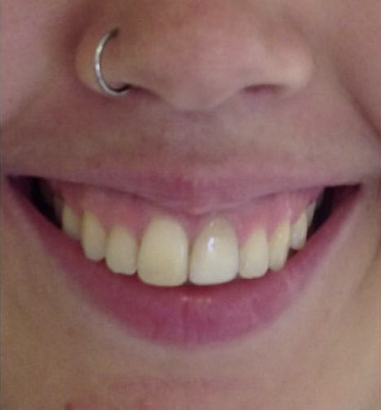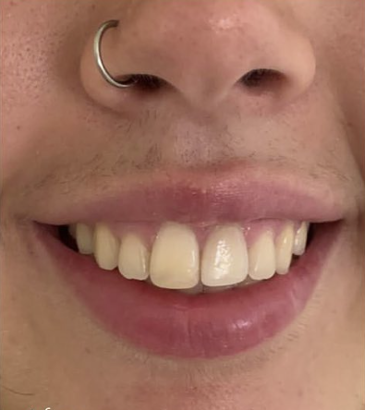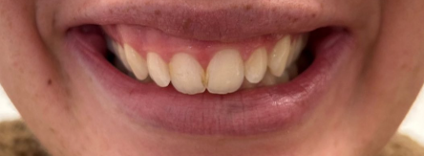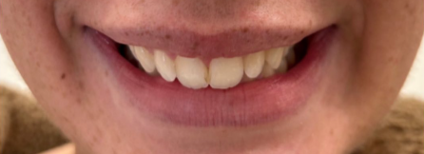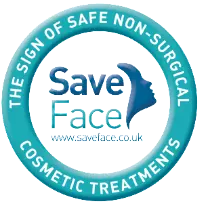Botulinum Toxin (Botox™) Treatment for Gummy Smiles
Overview
Some people feel that their gums are simply too prominent when they smile, often referred to as a ‘gummy smile’. Gummy Smile is the phenomenon that when some people smile, their upper lip elevates too far above their upper teeth, exposing their gums, which can then become the focal point of their smile.
One of the causes of a gummy smile is hyperactivity in the muscle that elevates the upper lip. Occasionally, the gummy smile is also aggravated by a thin upper lip which exposes the upper gum even more.
When desired, a gummy smile can be simply and effectively corrected with Botulinum toxin (commonly known as Botox) injections. In this procedure, Botox is used to reduce the activity of the muscle that elevates the upper lip.


